1. DTF Printer
A DTF printer is typically a modified inkjet printer, such as an DTFPro lotus dual 1080 or similar model, tailored to handle DTF inks and PET film. These printers are equipped with specialized print heads capable of producing vibrant, detailed images with precise layering of white and colored inks.
2. DTF Inks
3. DTF Film
PET films designed for DTF printing serve as the medium for transferring designs onto fabrics. These films are available in matte or glossy finishes and are engineered for optimal ink adhesion and smooth transfer. The films are typically single-sided, so it’s important to load them correctly in the printer.
4. Adhesive Powder
Hot-melt adhesive powder is used to bond the ink on the PET film to the fabric. This polyurethane-based powder comes in various grades—fine, medium, or coarse—depending on the type of fabric being used. The powder is sprinkled onto the printed design while the ink is still wet.
5. RIP Software
6. Heat Press
A heat press is required for two stages in the DTF process: curing the adhesive powder and transferring the design onto the fabric. A heat press with adjustable temperature and pressure settings is recommended to accommodate various fabric types.
7. Curing EquipmentTo melt the adhesive powder onto the printed design, you’ll need a curing oven or a heat press. This step ensures the powder forms a strong bond with the ink, creating a durable transfer.
8. Design Software
Graphic design software such as Adobe Photoshop, CorelDRAW, or Canva is used to create and edit designs. Ensure that your designs are saved in high-resolution formats for the best printing results.
9. Cleaning Supplies
Regular maintenance of your DTF printer is essential to prevent clogs and ensure consistent print quality. Cleaning solutions and tools designed for your printer model will keep the print heads and nozzles in optimal condition.
10. Protective Gear
Handling adhesive powder requires safety precautions. Wear gloves and masks to protect yourself from inhaling powder particles and ensure a safe working environment.
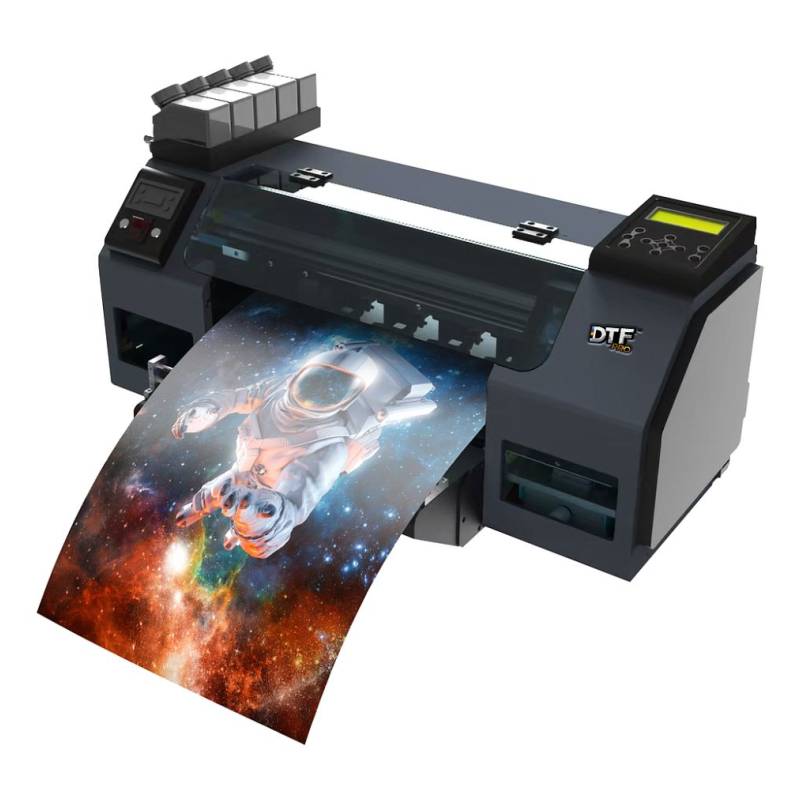
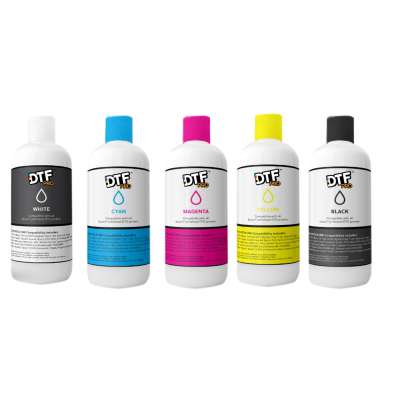
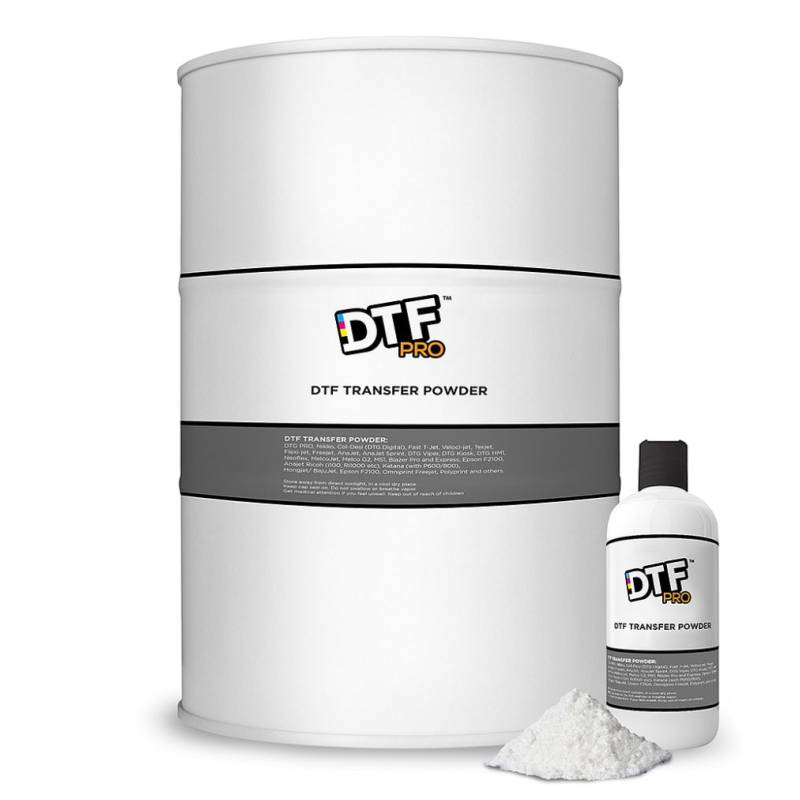
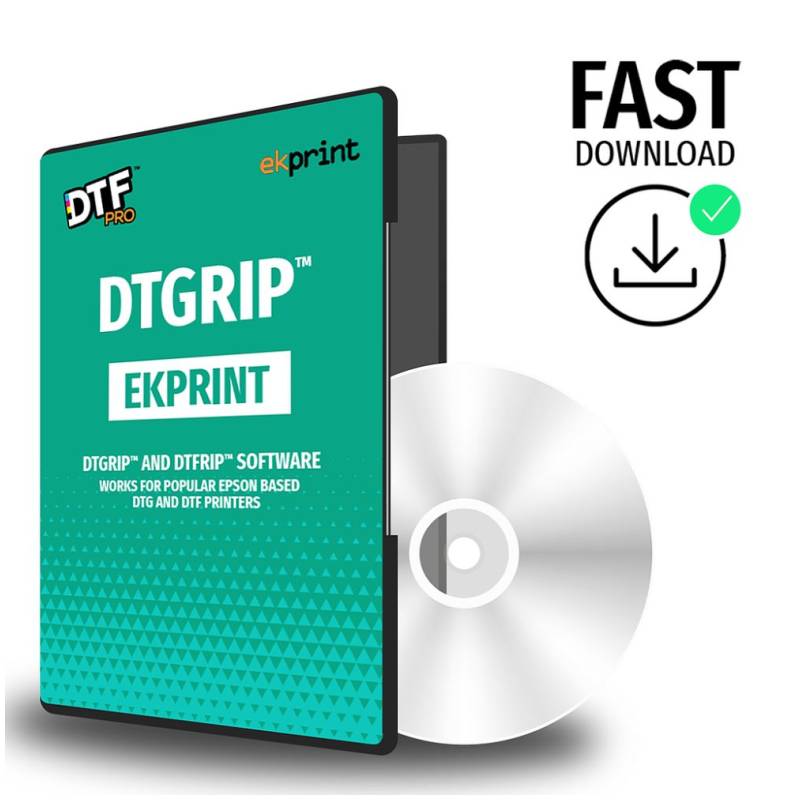
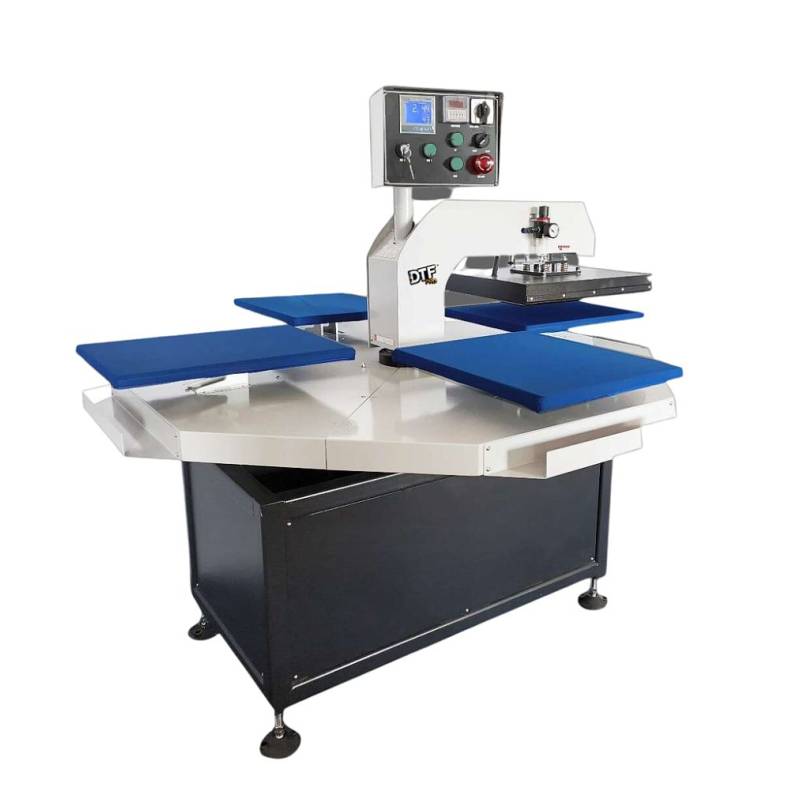
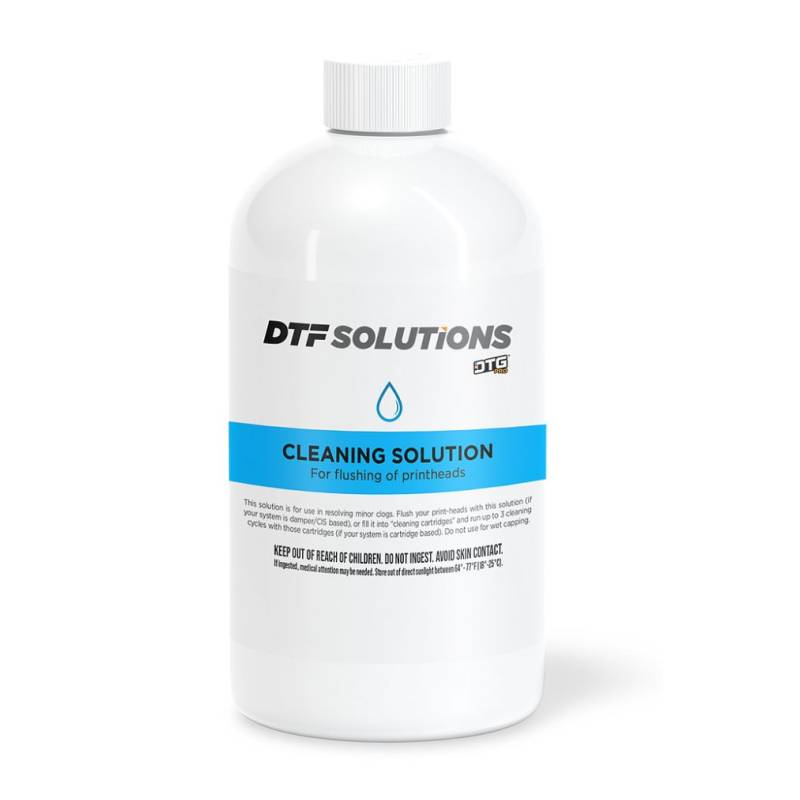
Comments
Post a Comment